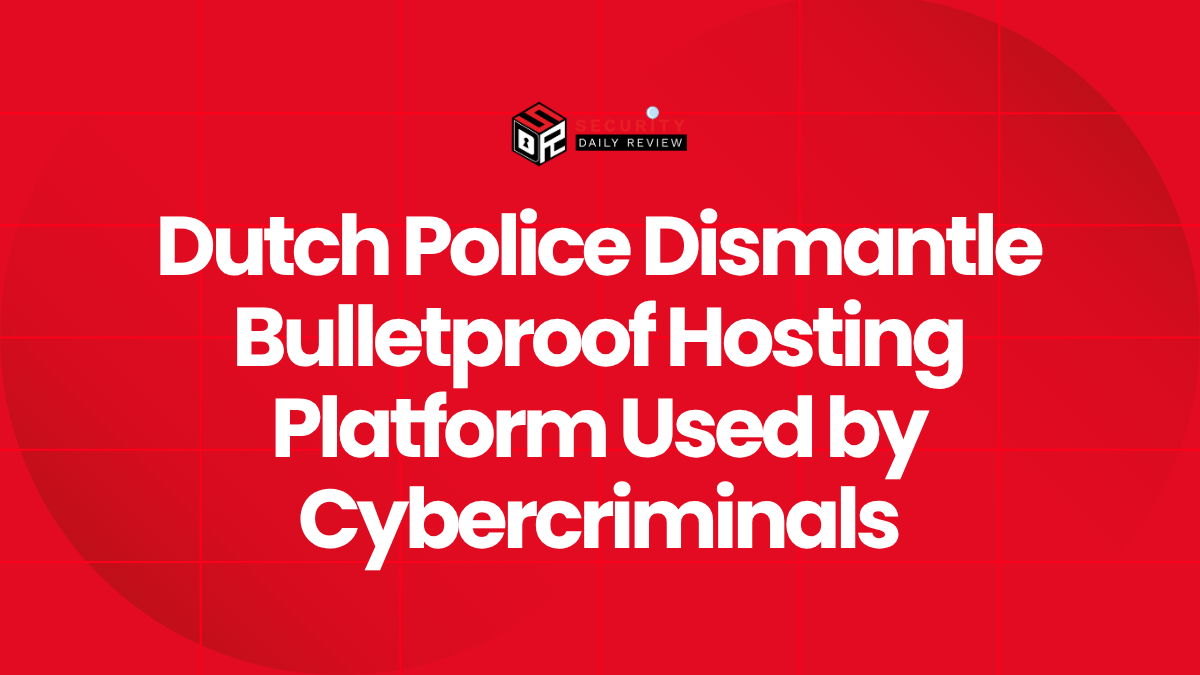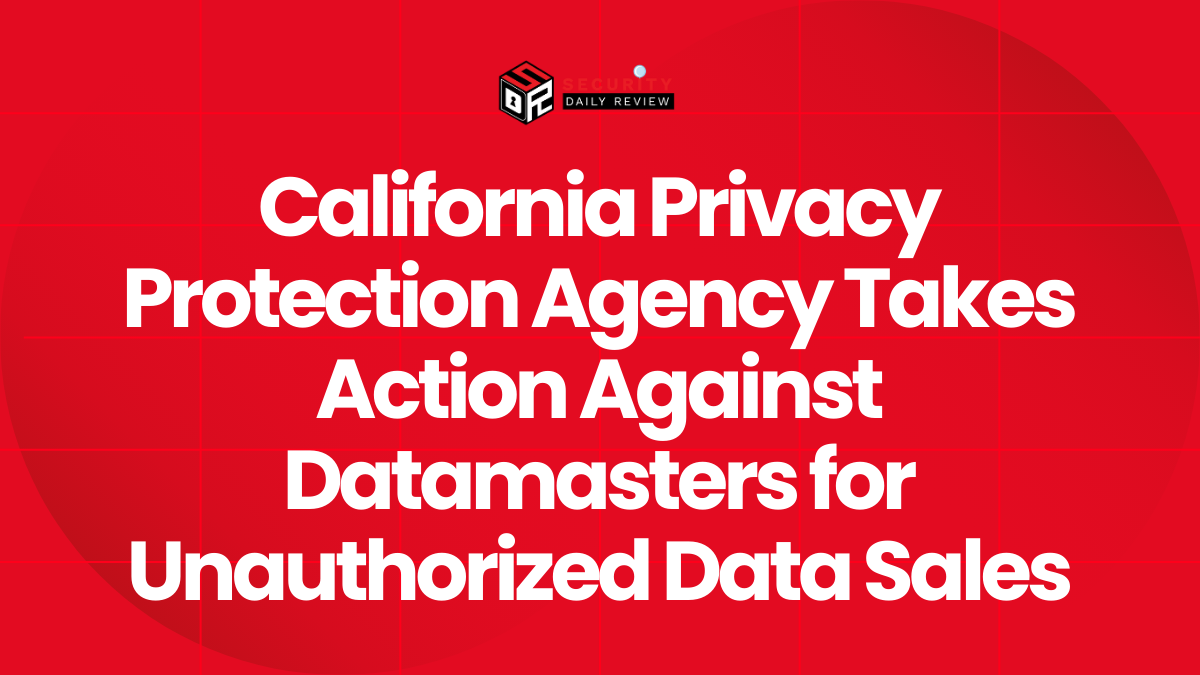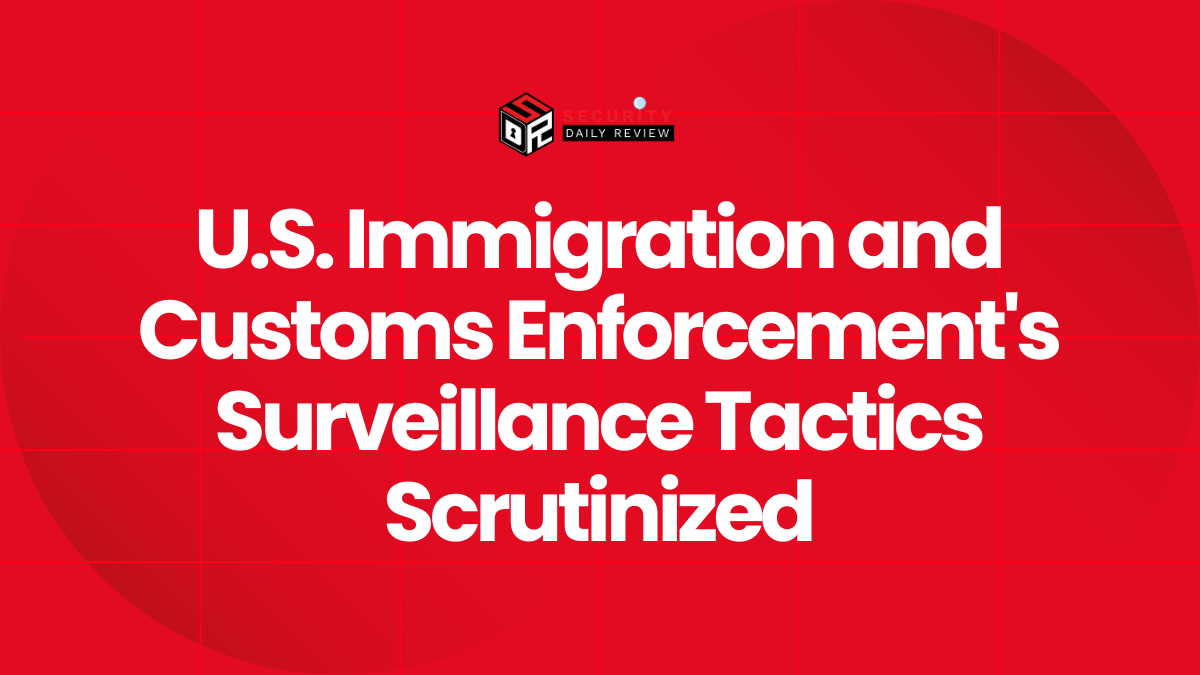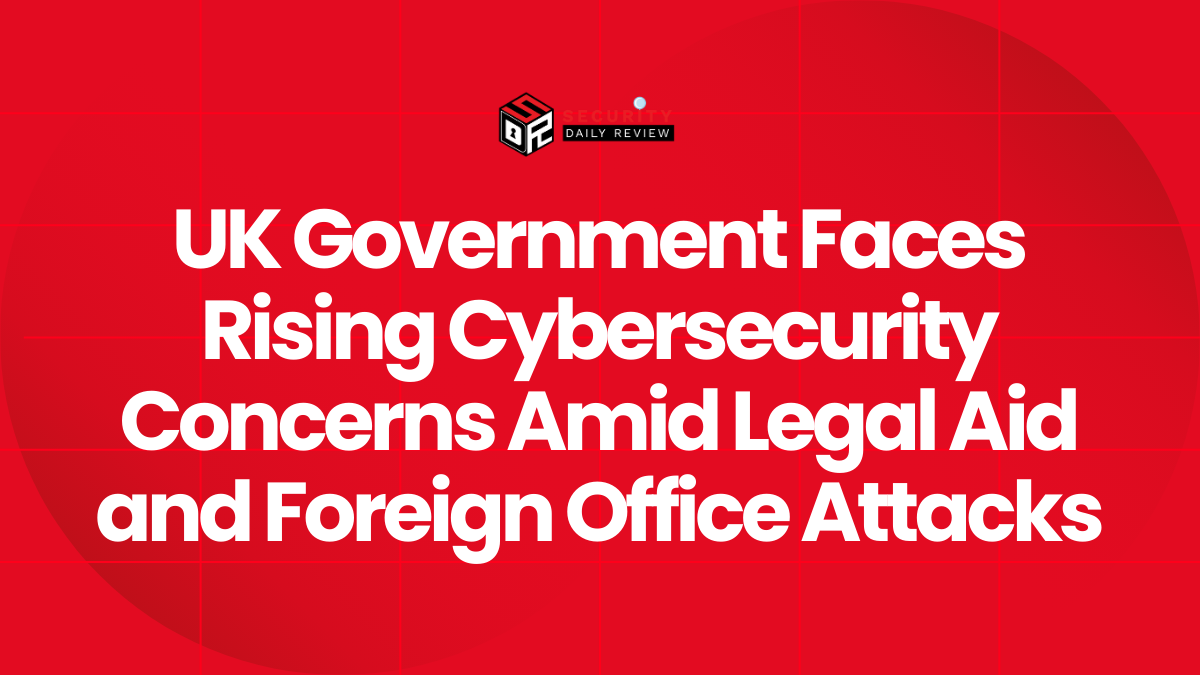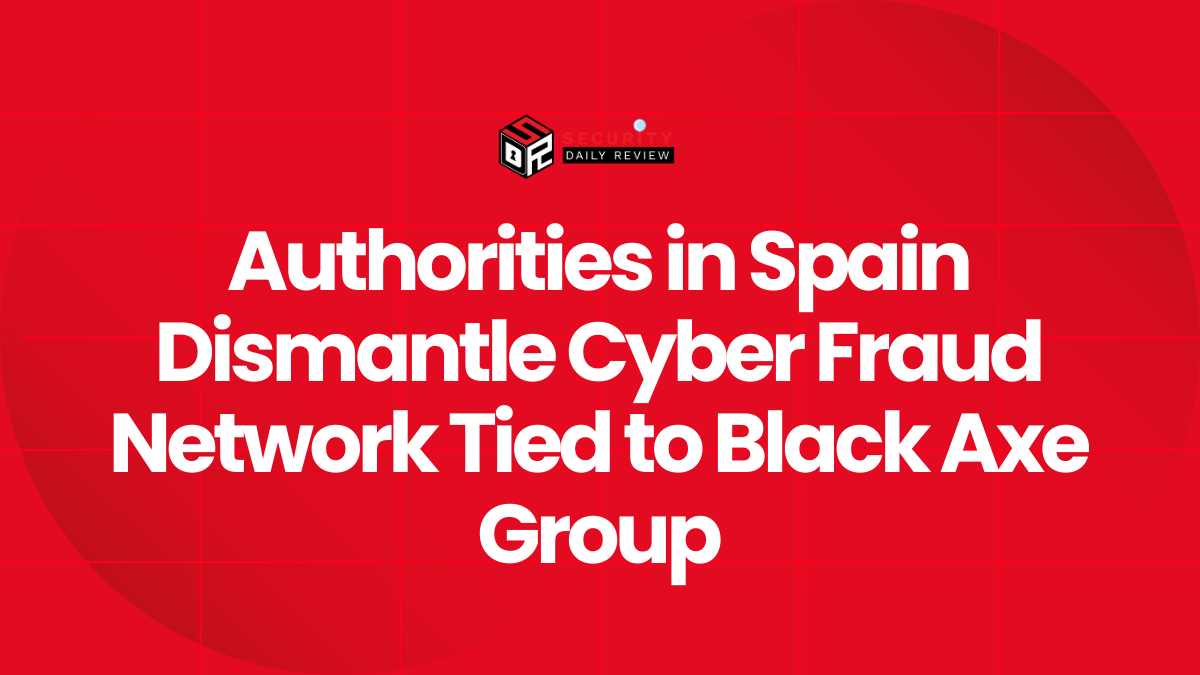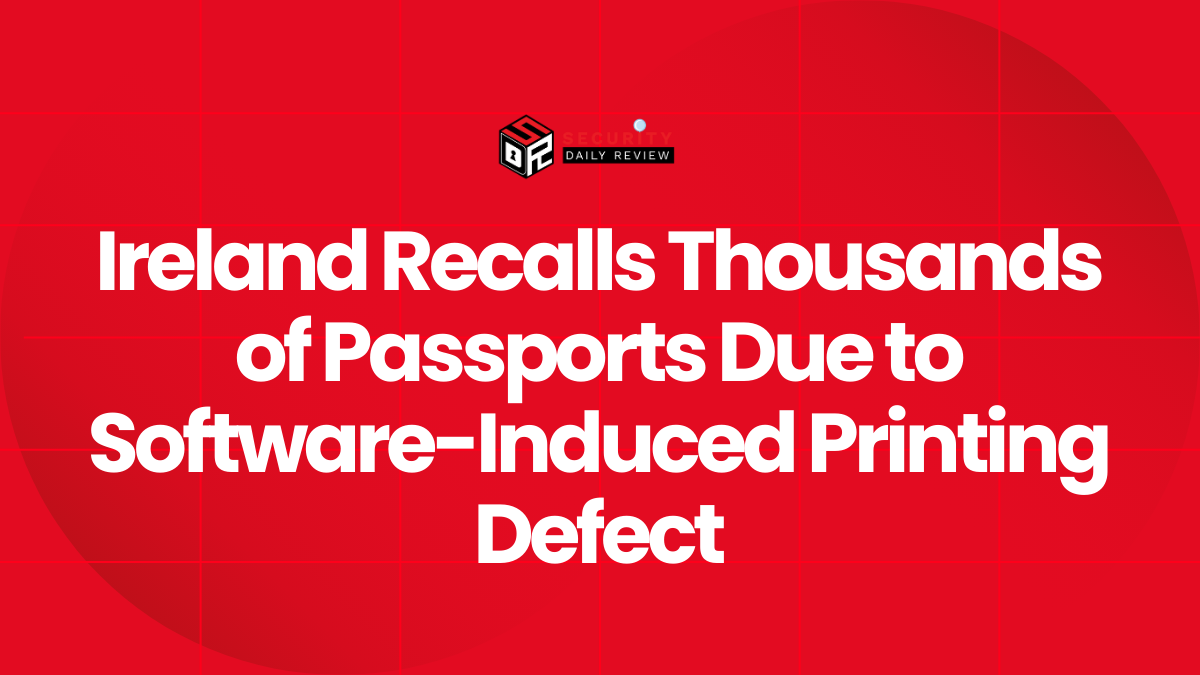In a significant operation targeting the infrastructure that enables cybercrime on a global scale, Dutch law enforcement has dismantled a bulletproof hosting service operating within the Netherlands. Authorities seized approximately 250 physical servers from various data centers, marking one of the largest actions taken against a criminal digital infrastructure of this kind in the country.
Hosting Service Enabled Cybercriminals to Operate with Impunity
Bulletproof hosting services—sometimes referred to as “offshore hosting”—provide server space that disregards abuse reports, DMCA takedowns, law enforcement inquiries, or legal complaints. They are often structured to offer a high degree of anonymity and are popular among cybercriminals for hosting malware command-and-control (C2) servers, phishing pages, and marketplaces for illegal goods and stolen credentials.
According to authorities, this particular service actively catered to cybercriminals by making “deliberate choices” to not interfere with malicious clients, shielding their identities and infrastructure from scrutiny.
“Clients knowingly opted for a service that guaranteed anonymity and non-cooperation with authorities,” said Dutch officials in a statement. “The hosting provider made this explicit in communication with its users.”
The operation forms part of an expanding international effort to degrade the technical backbone that supports organized cybercrime.
250 Servers Seized Across Multiple Dutch Data Centers
The Dutch National Police collaborated with Europol and other international partners to coordinate the takedown. On-site investigations targeted multiple data centers across the country, leading to the confiscation of nearly 250 servers. Investigators believe that the entire hosting platform was built around a model that exclusively served illicit actors.
The seized infrastructure reportedly supported a wide range of cybercriminal operations, including:
- Hosting malware deployment channels
- Command-and-control servers for ransomware and botnets
- Phishing landing pages
- Dark web platforms for illegal sales and communications
Each of these components plays a vital role in sustaining complex, multinational cybercrime campaigns, and dismantling them can disrupt ongoing attacks and future campaigns.
Investigators Collected Digital Evidence for Ongoing Efforts
In addition to the hardware seizure, the operation yielded critical digital evidence. Authorities are examining logs, administrative credentials, and client communications to pursue leads on platform operators and users. This phase of the investigation is expected to be extensive due to the volume of servers and the nature of the stored data.
Dutch police emphasized that this effort is focused not only on the service provider but also on the broader clientele. Law enforcement is working to identify and pursue individuals or groups that used the service to facilitate cyberattacks, data breaches, and financial crimes.
Collaboration With International Agencies Was Critical
The success of the takedown reflects increasing cross-border collaboration among law enforcement agencies. In recent years, multilateral operations—such as Operation Disruptor and takedowns of Emotet and Qbot infrastructure—have shown that coordinated efforts increase the efficacy of disrupting cybercrime logistics.
Europol played a pivotal role in coordination and intelligence sharing. Forensics teams are currently working to map the seized infrastructure and match it with known criminal activity patterns and threat actor behavior.
Implications for the Cybercrime Ecosystem
The dismantling of a bulletproof hosting service of this scale has broad implications for both cybercriminals and defenders. On one hand, it temporarily disrupts ongoing operations that rely on stealth and resilient infrastructure. On the other, it also sends a deterrent signal to developers of such services, who may now face greater risk of detection and prosecution.
Cybersecurity professionals and threat intelligence analysts can expect reduced activity from some persistent threat actors in the short term. However, experts caution that cybercriminals are adept at relocating to alternate infrastructure or adapting to other anonymous hosting models.
Importance of Neutralizing Cybercrime Infrastructure
Targeting infrastructure rather than end-users marks a strategic shift in cybercrime mitigation. While arresting individual actors remains important, disassembling the platforms they rely upon directly hampers their ability to reach large-scale victims.
For security teams, this underscores the need to monitor the health and location of C2 servers and bulletproof-hosting domains. Disruption strategies like this aid in threat detection and can offer a window of reduced attack frequency.
“You can think of it as disrupting a supply chain,” said a law enforcement spokesperson. “If we remove the logistics that support these cyber threats, their impact immediately diminishes.”
Looking Ahead: Additional Arrests and Charges Possible
The investigation into this bulletproof hosting platform is ongoing. While no arrests have been formally announced, law enforcement has signaled that follow-up actions, including the identification and prosecution of platform operators, are actively underway.
This operation also highlights the persistent risk presented by unmanaged or non-cooperative hosting services within industrialized nations. It articulates a growing law enforcement consensus that merely turning a blind eye to client activities is not a viable legal defense.
Security professionals are advised to monitor developments and consider the increasing regulatory and operational scrutiny directed at hosting providers—especially those based in jurisdictions previously considered safe havens for anonymity.
As the international community grows more coordinated in disrupting infrastructure supporting cybercrime, hosting services can expect their regulatory obligations—and exposure to legal consequences—to increase.

